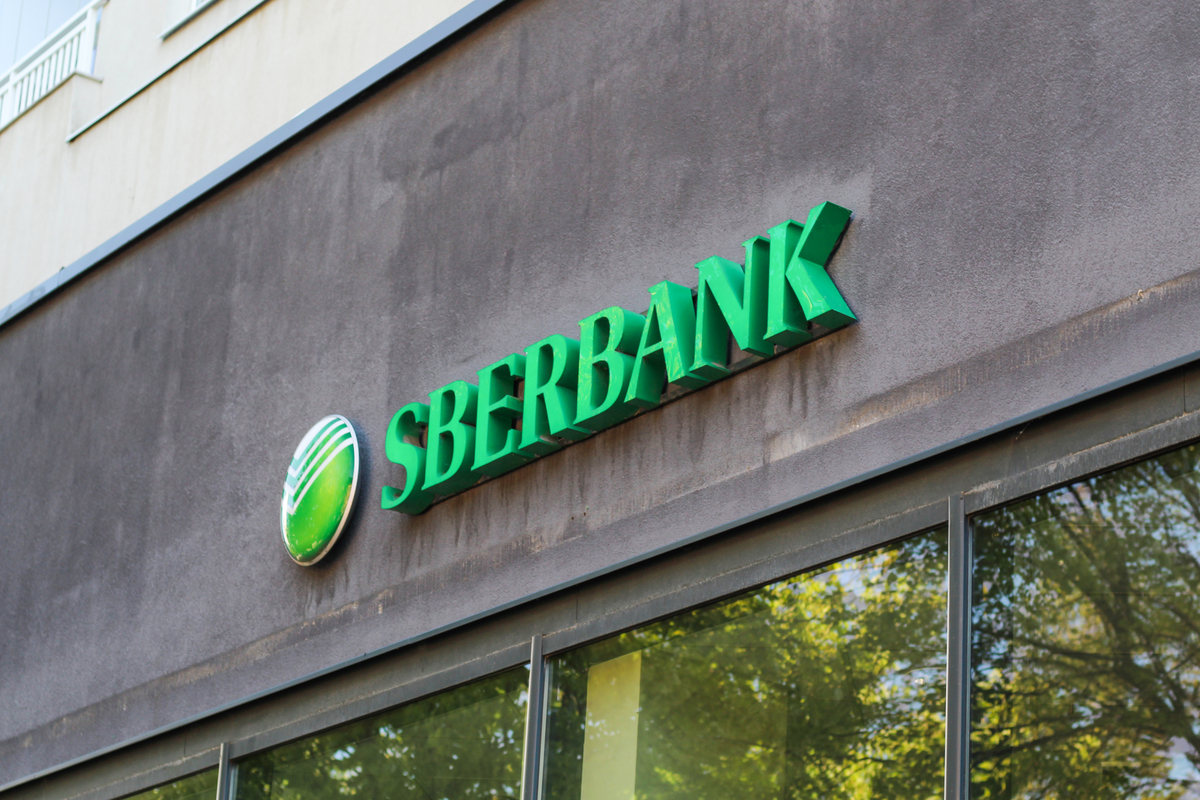Dear visitor,
You're reading 1 of your 3 free news articles this quarter
Register with us for free to get unlimited news, dedicated newsletters, and access to 5 exclusive Premium articles designed to help you stay in the know.
Join the UK's leading credit and lending community in less than 60 seconds.
Sanctions update: Russian lender Sberbank abandons its European arm
Sberbank, which is majority-owned by the Russian government, has exited the European market.

Senior Journalist, covering the Credit Strategy and Turnaround, Restructuring & Insolvency News brands.
The lender said the group’s subsidiary banks have faced an “exceptional outflow of funds” and a “number of safety concerns” regarding its employees and offices. In addition to this, due to a directive from the Central Bank of Russia, Sberbank of Russia cannot provide liquidity to its European subsidiary banks.
It comes after a raft of sanctions imposed by Western countries following Russia’s invasion of Ukraine. This has included the freezing of assets of Russia’s central bank - limiting its ability to access £470bn worth of its dollar reserves - with the UK, EU and US also banning people and businesses from dealing with the Russian central bank, its finance ministry and its wealth fund.
Additionally, leaders from the UK, the European Commission, Germany, Italy, France, Canada and the US have committed to removing selected Russian banks from the SWIFT messaging system.
In recent days the European Union has said it’s seeking to make sure that cryptocurrencies are not used to circumnavigate its sanctions against Russia. Speaking at a news conference on Wednesday (2 March), French finance minister Bruno Le Maire said: “We are taking measures, in particular on cryptocurrencies or crypto assets which should not be used to circumvent the financial sanctions decided upon by the 27 EU countries.”
As for the sanctions being put in place in the UK, major Russian banks have been excluded from the financial system - stopping them from accessing and clearing payments, while major Russian companies and the state will be stopped from raising finance or borrowing money on UK markets.
The government has also introduced legislation designed to crack down on dirty money in the UK and corrupt elites through its Economic Crimes Bill. The move will help the National Crime Agency to prevent foreign owners from laundering their money in UK property, ensuring more corrupt oligarchs can be handed an Unexplained Wealth Order.
However some have criticised the fact that the register of the real foreign owners of property will not come into force until autumn 2023 at the earliest. At Prime Minister’s Questions, Labour leader Sir Keir Starmer said that - while his party will support the government to pass the Economic Crimes Bill - this is “far too long for the Ukrainian people”.
He added: “Why are we giving Putin’s cronies 18 months to quietly launder their money out of the UK property and into another safe haven?”
As for the work being done by businesses, Visa and Mastercard have in recent days said they’re to suspend their services to a number of Russian institutions in compliance with Western sanctions. Apple Pay, meanwhile, has stopped working for customers of Russian banks affected by the sanctions imposed by the US.
On Tuesday (1 March), American Express said it’s halting relationships with Russian bank partners. Alongside this, according to reports Reuters, HSBC has begun to wind down relations with a host of Russian banks including the second-largest - VTB.
Stay up-to-date with the latest articles from the Credit Strategy team
Get the latest industry news





